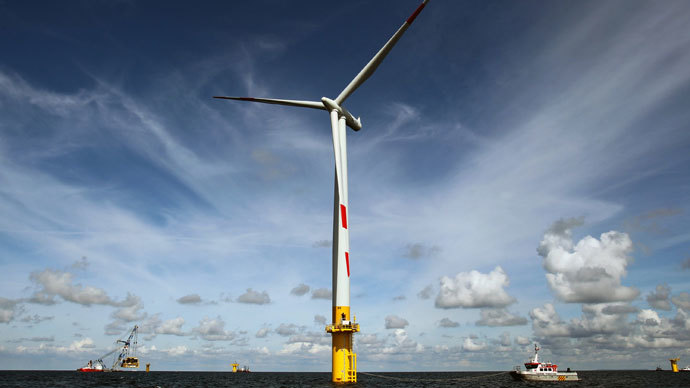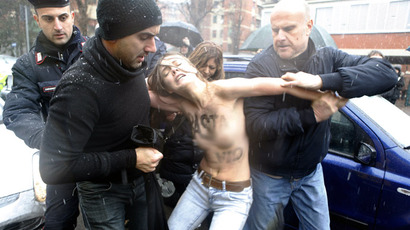Mafia launders dirty money in clean energy - Europol

The Italian mafia is ramping up investment in wind farms to launder money and benefit from EU subsidies.
Europol reports winds farms, and renewable energy in general, are
the most popular target for laundering money, after analysing the
financial activities of Italy's four mafia groups.
"The Italian mafia is investing more and more in renewable
energy, especially in wind farms, to profit from generous
European grants paid for by member states which allow them to mix
dirty money with legitimate economic activities," the report
said.
The renewables industry – is one of the country’s most promising
sectors that have surged even as the rest of the economy slid
into recession, globalpost.com reports. Developers built
more wind and solar plants in 2012 than in any previous year, and
added 5,000 jobs to a country racked with unemployment, according
to the article.
The boom is explained by the most generous renewable incentives
in the world, globalpost.com quotes Andrea Gilardoni, an
economist at Milan’s Bocconi University.
“They were so high that all kinds of people have become
involved,” he said. “Even cats and dogs can make money in
this kind of climate.”
The government gave out more than $75 billion to producers of
wind and solar energy over the past six years, doubling and
sometimes even tripling their revenues, globalpost.com reports.
Earlier this year Italy made its biggest confiscation of mafia
assets in history, including dozens of alternative energy
companies worth a total of over $1.6 billion, Reuters quotes
police.
The owner Vito Nicastri, a 57-year-old businessman , once dubbed
the "Lord of the Wind" because of his vast wind farm holdings,
invested money made from extortion, drug sales, and other illicit
activities for Matteo Messina Denaro, believed to be the Cosa
Nostra's boss of bosses, Reuters quotes police.
Italy's main crime groups, the Cosa Nostra, 'Ndrangheta, and the
Camorra from the southern city of Naples, have an annual turnover
of 116 billion euros, according to the United Nations Office on
Drugs and Crime. That is more than the annual sales of
Italy's biggest company, oil giant Eni.













